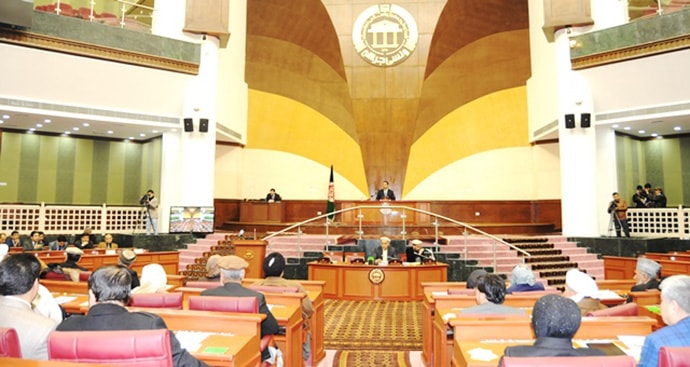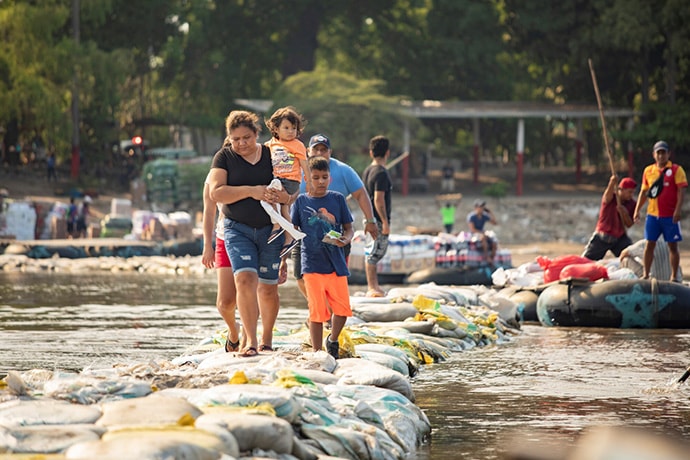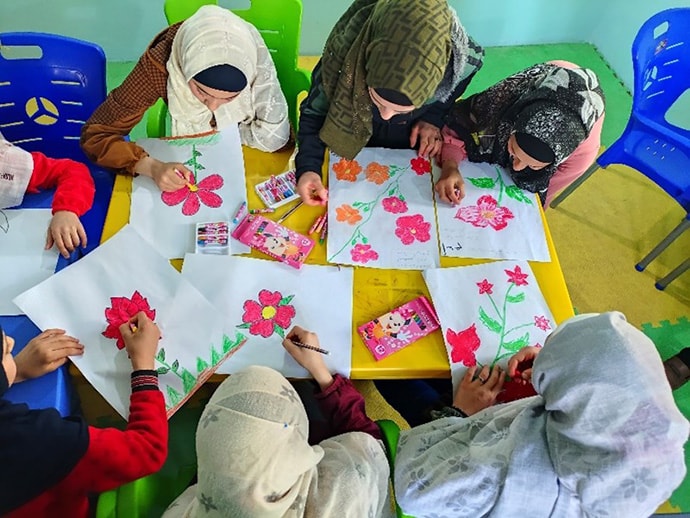Blog
Posted on April 16, 2024
By Jason Hatch and Karen Kraft, Operation Snow Leopard

Interior of the newly inaugurated Wolesi Jirga Hall of Afghan Parliament (Photo Credit: Wolesi Jirga Website 2015)
Background
The Fall of a Republic
The last tragic iteration of a democratically elected government in Afghanistan came to an end on 15 August 2021.
It had been established in 2005, with its electoral branch consisting of a lower house (Wolesi Jirga – 250 seats) and an upper house (Meshrano Jirga – 120 seats). The Afghanistan Constitution, ratified in 2004, explicitly stated that men and women had equal rights and duties before the law. It reserved specific seats in both chambers for female candidates, reflecting a commitment to gender equality supported by male leaders advocating for women’s representation in the newly formed republic.
Continue Reading
Posted on April 16, 2024
By Radwa el Manssy, ChildFund Director for Protecting Children in Crisis

Migrants, refugees, commuters and cargo cross the Suchiate River that forms the border between Guatemala and Mexico. Photo: Jake Lyell for ChildFund
Lately, I have started to collect what I sometimes call “fairy tales” when I visit the areas where my organization, ChildFund, works with children and families who have fled their homes for a better, safer life. One girl I met in Mexico had come all the way from Colombia. I said to her, “Oh, you must be tired!” But she was so optimistic: “We’re very close!” She told me her love story, about a boy that she had left behind.
Continue Reading
Posted on April 16, 2024
By Emily Galloway, Tarek Fakhereddin, Nataliia Biloshytska and Tania Dudnyk, Global Communities

Children from the Atmeh Camp, Syria participate in art classes organized by Global Communities’ CiPE teams. Photo: Global Communities
Global Communities has a rich history of providing emergency aid and protection services to refugees and internally displaced people in many crisis settings, from Ukraine and Gaza to Syria and Guatemala. This includes our Child Protection in Emergencies (CPiE) programming, which supports the well-being of children and addresses risks created or exacerbated by crises. In emergencies, children are often the most vulnerable and at-risk population group. They face a range of threats, including violence, exploitation, family separation and a loss of education.
Continue Reading


